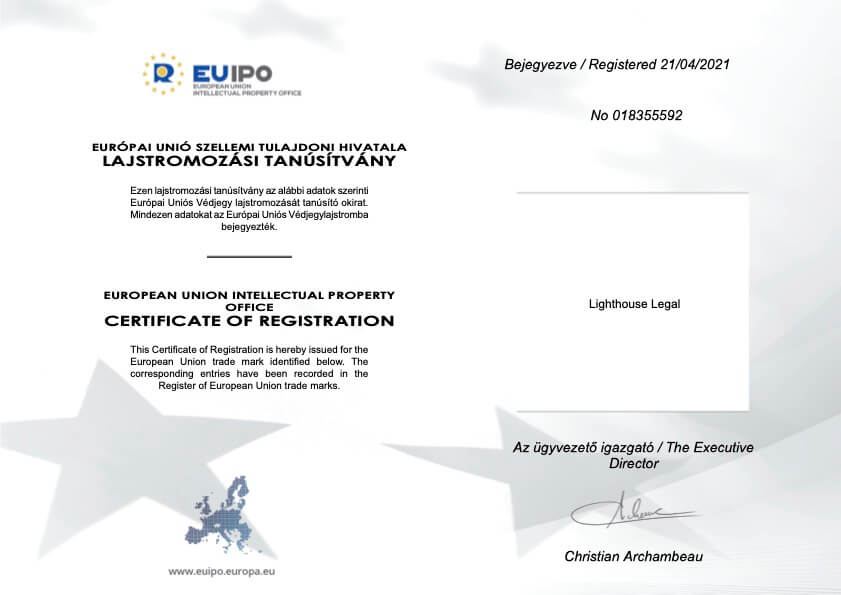
We represented our client as a defendant in a personality rights action concerning the adjudication of communications in terms of the expression of opinion. The case arose from an accounting dispute between business owners.
In the communication in question, our client stated in a company "chat group" that the plaintiff had "stolen a significant amount of money" from their joint company. This happened after the plaintiff had transferred funds from the plaintiff and defendant's jointly owned company to the account of a company in which the defendant had no share. Other civil and criminal proceedings were also brought in the case.
At the same time, the plaintiff alleged that our client had violated his right to reputation by the contested communication and also sought a declaration from the court that his right to human dignity had been violated.
In the proceedings, we emphasised that the key to resolving the case lies in the fundamental principles of freedom of expression.
The court agreed with our position and ruled that the defendant had only expressed an opinion in the contested communications since if the plaintiff transferred considerable sums of money from the company that the parties jointly "owned" to his own company without the prior consent of our client, this could be considered theft in the ordinary sense of the word. Therefore, in that case, the communication cannot be regarded as a statement of fact even if the plaintiff is otherwise subject to criminal proceedings in the main case.
In the court's assessment, our client had a sufficient factual basis for expressing the opinion that the plaintiff had taken money from the joint enterprise without our client's knowledge; therefore, he "stole" in the ordinary sense of the word.

